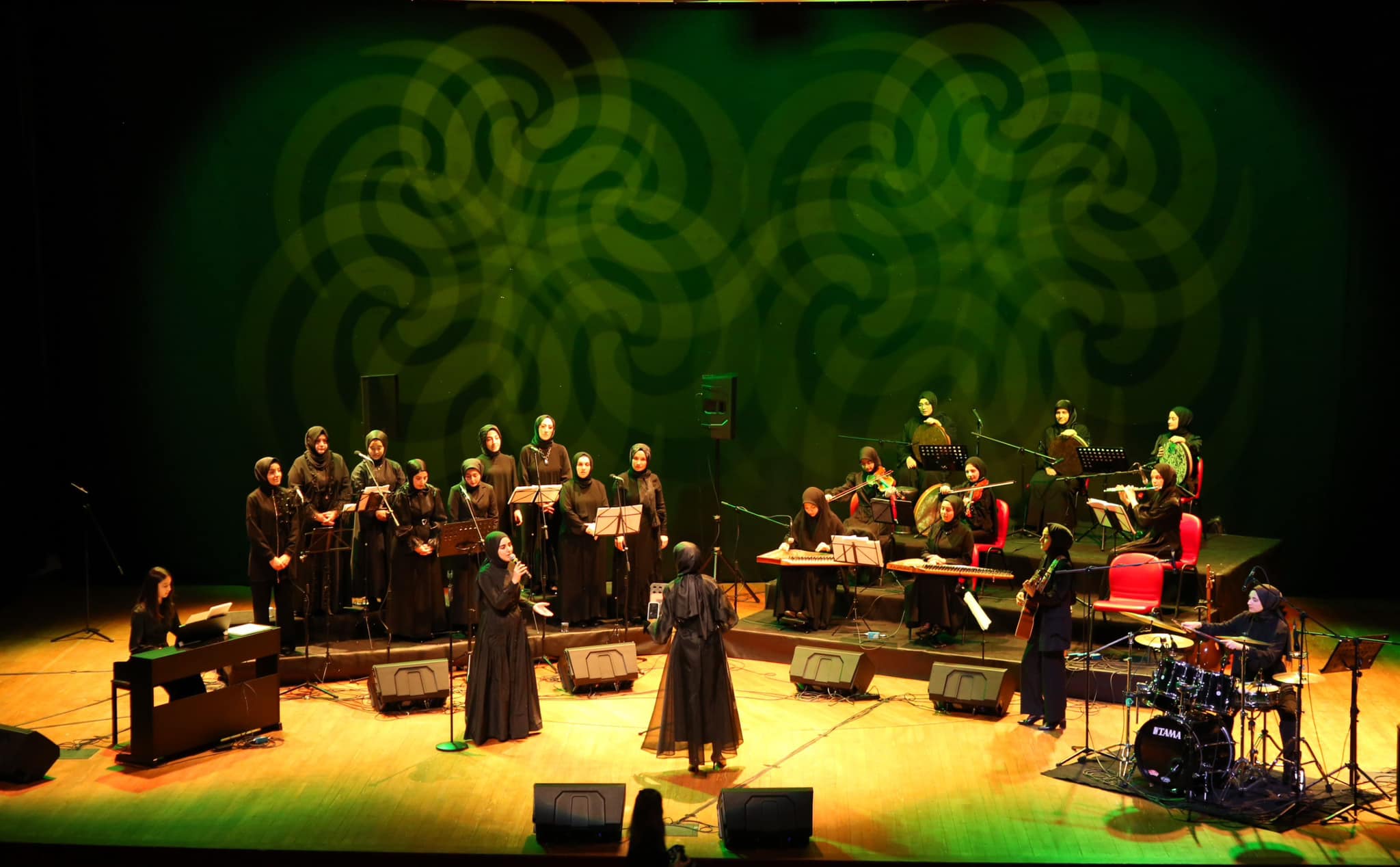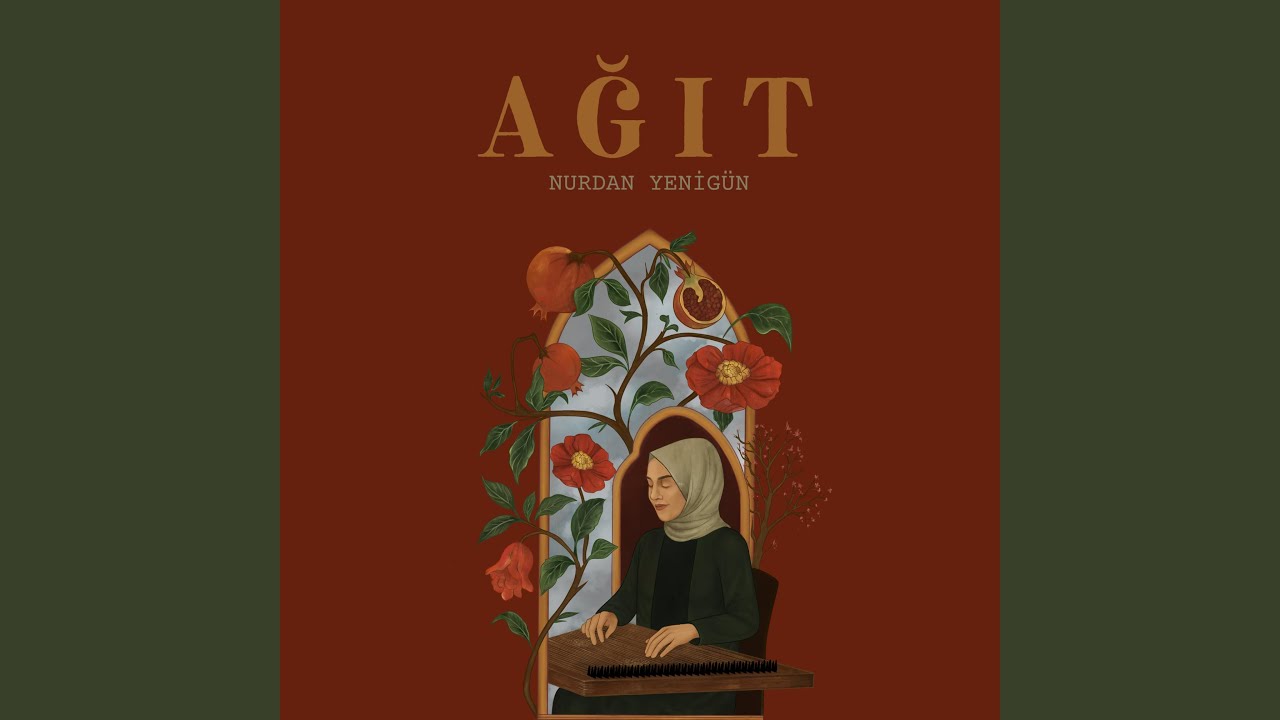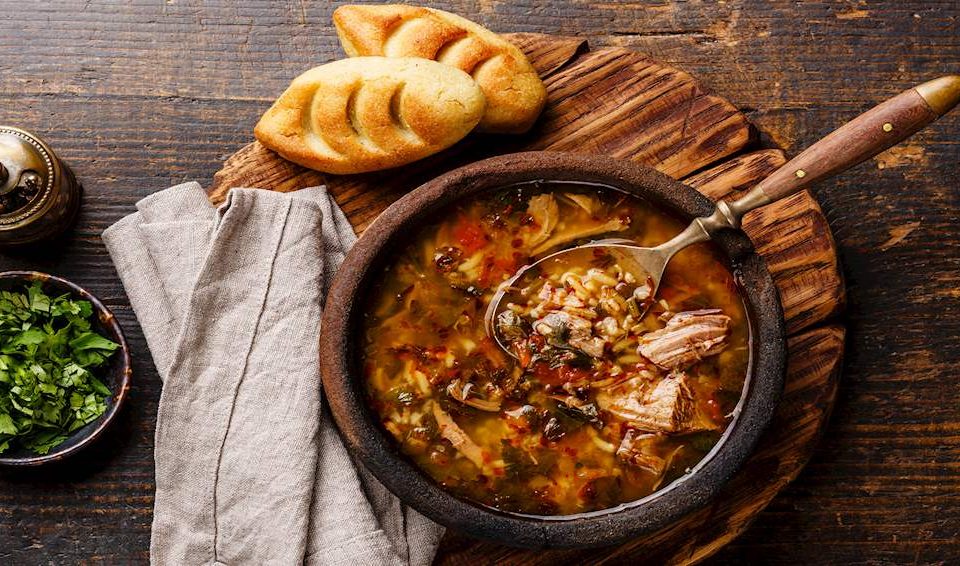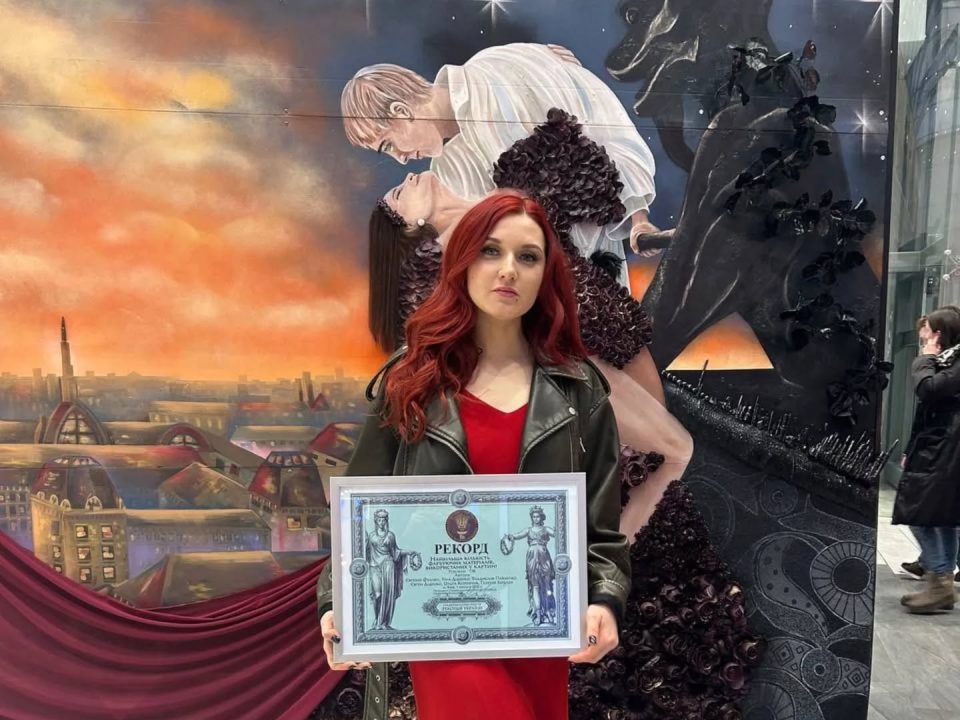9th BSEC Month of Culture
1-30 November 2025
In its ninth year, the BSEC Month of Culture feature “Black Sea Women in the Arts” focuses on contemporary women artists from across the BSEC region who are making a lasting impact on the cultural and creative sectors.
The ICBSS has conducted a series of online interviews with women artists from the Black Sea, who shared insights into their work through their contributions.
Nurdan Yenigün, Musician | Republic of Türkiye
Please introduce yourself to our audience. Share with us some key information about yourself and your career, such as your educational background, participation in events like festivals or exhibitions, and any awards you have received.
Hello, I'm Nurdan Yenigün. I was born in Istanbul in 1996. Although I studied architecture at university, I am currently active in the field of music. The most distinctive aspect of my work is this: I was part of the group that pioneered the 'women-only concert' format in Türkiye. By creating this space, we paved the way for all women. Today, many women's groups follow in our footsteps. We support each other, and this creates an amazing energy! To date, we have performed for thousands of women in many cities across Türkiye. I am continuing to work in this field. I also teach the kanun and train future instructors. I run an art academy called 'Nevheves Sanat', where we offer online and in-person kanun lessons led by educators I have trained. Under the Nevheves Sanat umbrella, we organise various gatherings, workshops and training sessions. Since its foundation in 2022, our community has grown steadily. I conduct two orchestras comprising amateur female musicians who are passionate about music. I train them and prepare them for the stage. In 2023, I founded the 'GİF Women's Orchestra' in collaboration with TÜRGEV (Türkiye Youth and Education Service Foundation). In 2024, I established the 'Bi' Kadın Orkestrası', an orchestra that is not affiliated with any institution, entirely civilian and managed by us at every stage, from preparation to concert organisation. In this orchestra, we share not only music, but also all human emotions. We have performed in many cities across Türkiye. In the long term, our goal is to perform our own compositions abroad. Meanwhile, I continue my work as a composer. Last month, I released my debut album, Ağıt (meaning 'requiem'), on all music platforms.
Tell us about the art form(s) you work on. Share with us some interesting information about the creative process.
It is not solely my concerts that are meticulously crafted for women, but also my workshops and training sessions. This is quite unusual and distinctive, as there were previously no art initiatives of this kind that focused on women. The potential in this work is immense. I believe that engaging with women and providing them with a music education creates a collective benefit; it’s empowering for both them and me. I also feel at ease practising my art in this unique, private setting. So, what do we mean by 'concerts for women'? It's an environment where only women perform and sing, only women attend, and there are no men present in the concert area. The entire team, from the filming crew to the hall managers, consists of women. In this sense, it's very different from the norm. Yet it’s also a space that we love and feel comfortable in deeply. I have been promoting this “music for women” movement for around ten years.
If you had to present us just one of your artworks, which one would you select? Share with us the details and the message you want to communicate through this artwork.
Bringing people together, organising and managing can sometimes be challenging responsibilities. When I'm feeling tired, I usually pick up my kanun and confide in it. These moments are often perfect for composing, as I am completely open to inspiration. It was in one of those moments that I wrote 'Ağıt', which I mentioned earlier. Although I composed it in 2019, I only released it on music platforms this year (2025). Some pieces need time to mature before they can be shared. In this sense, 'Ağıt' is the piece I would choose. Through this composition, I wanted to convey the embracing nature of life, its way of encompassing every emotion. I believe it reminds people that life has its ups and downs and that they should trust in their own strength. From the moment a piece of music is created, it transcends the composer's own emotions and begins to evoke different feelings in each listener. I’m always curious about how people experience my music, so I ask them: “Let’s see, what does “Ağıt” make you feel?”.
Women artists still face many barriers and disparities. What inspires you to continue being creative and staying focused on doing what you love?
There are still many obstacles preventing women from making music together. However, the challenges themselves can sometimes become a source of inspiration. Rather than dwelling on the difficulties, we chose to celebrate the beauty of unity. We said that we can be strong when we stand united, and it was this idea that led us to develop a new concept. Women who once came to see us perform are now performing with us on stage. This, in turn, inspires the next generation. Working with women, creating together and touching their lives ultimately means touching an entire generation. Witnessing the ripple effect of a project that begins with just one person and spreads throughout society is one of the greatest motivations of my life. I don’t think there could be a more beautiful source of inspiration than that.
Art can be a catalyst for intercultural dialogue, gender equality and social inclusion. What is your vision for the role of your work in addressing these issues?
Personally, I don't believe in gender equality in the conventional sense. I believe that harmony in society is achieved when we live in accordance with our unique individual nature, the way God created us. The balance among these different beings is found by discovering our own inherent 'essence'. All my work focuses on helping women to reconnect with this essence, and I believe that this is where the true value of my work lies. When it comes to intercultural dialogue, music is a magnificent instrument. It is a universal language that reveals distinct beauties in every region where it is played. It is rare to find such a complete absence of boundaries—religion, language, race, and culture—outside of music. In this space, it is only the notes, silent emotions, that speak. As a Turkish woman, I am deeply moved when I listen to an Iranian melody, even though I don't speak Farsi. This shows that we don't listen to music with our brains, but with our hearts. Music touches us directly! It is incredibly valuable because, when hearts are open, what we share is received directly by another.
Is there anything else that you would like to discuss?
I would like to share some links that people can visit:
- For detailed information about the art academy I founded: nevheves.com
- To listen to my music on Spotify: https://open.spotify.com/track/72tBb109pKrlCZdB8eQE03?si=oFTKAPuEQyGN12fI-YnYdw
- To explore the work of the orchestra I actively conduct: https://www.instagram.com/bikadinorkestrasi
Sources & Photographs:
https://www.instagram.com/nevheves
Photograph No 1: Nurdan Yenigün
Photograph No 2: Bi' Kadin Orkestrasi
Photograph No 3: Ağıt
ACKNOWLEDGEMENTS
Special thanks go to Nurdan Yenigün for generously sharing her valuable insights with the ICBSS.
The ICBSS also extends its sincere appreciation to Amb. Merve Safa Kavakcı, First Deputy Secretary General of BSEC, for facilitating this meaningful connection.
DISCLAIMER
This post was prepared by the International Centre for Black Sea Studies (ICBSS). It reflects the views of the interviewees only, and does not necessarily represent the views of ICBSS or its affiliated institutions. The ICBSS cannot be held responsible for any use of the information contained herein.
#ICBSS #MoC2025 #CultureBSEC #Türkiye #Music






